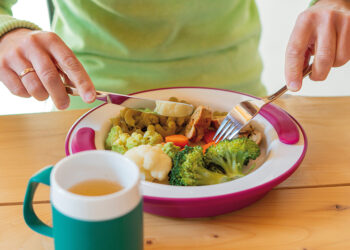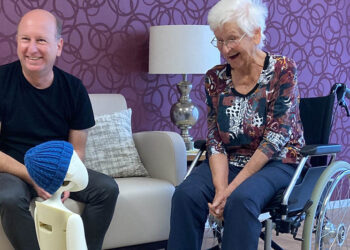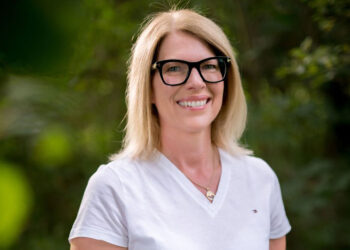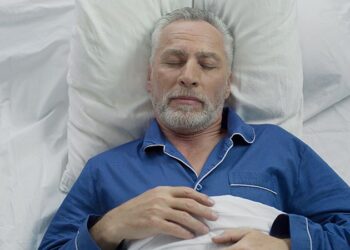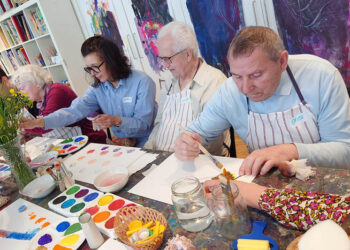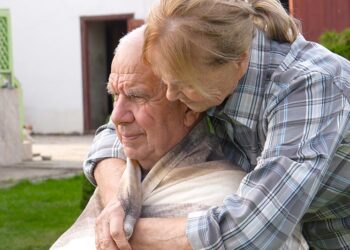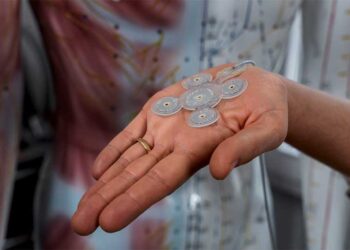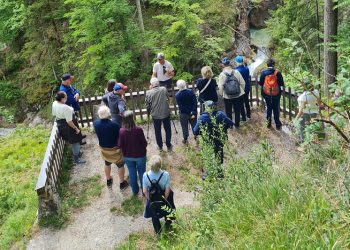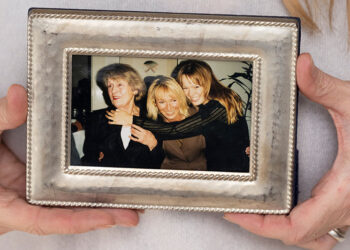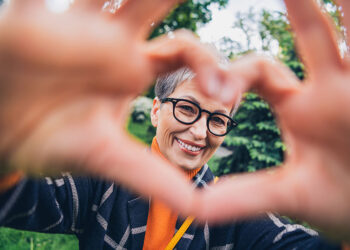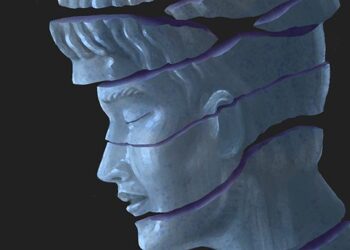Taking tablets with swallowing difficulties: Take whole instead of crushed
People with swallowing disorders often reflexively reach for a mortar and crush tablets. A study puts this routine to the test: in stroke patients with dysphagia, whole tablets often reach the stomach more safely with the help of soft food...
Rethinking dementia: breaking down barriers and strengthening self-help
Dementia is more than just a diagnosis - it affects language, roles, spaces and attitudes. The PROMENZ initiative shows how self-help, respectful interaction and low-threshold services can break down barriers and enable participation.
Eating aids: Gentle everyday aids for pleasurable eating
Eating aids are small aids in everyday life - with a big impact: the right aids are inconspicuous, promote the pleasure of eating and self-determination.
Adult representation in Austria and Germany: Between care, freedom and a shortage of skilled workers
The topic of adult representation affects thousands of families every year. Although the systems in Austria and Germany are clearly regulated, discussions with Andreas Gschaider (VertretungsNetz/AUT) and Elmar Kreft (Betreuungsgerichtstag e. V./D) show that the number of cases is increasing...
Robotics in care: When technology creates proximity
Social robots like Navel act as a kind of catalyst for social interaction in care facilities: People talk and laugh more. Interview: Claude Toussaint, founder & CEO of the Munich-based start-up Navel Robotics.
“Resilience begins where I can breathe again”
In the vast majority of cases, care is not provided in a hospital or home - but at home. Around 80 percent of all people in need of care are looked after by relatives. Elisabeth Graml has used this experience...
Sleep hygiene is brain hygiene
The latest research shows that poor sleep is linked to an "older" brain. And there is increasing evidence of a complex connection between sleep and dementia.
Escaping loneliness: How day care centers enrich lives
Day care centers are places of encounter: They give older people a sense of community, participation and a new zest for life. At the same time, they relieve the burden on relatives - and show how valuable support can be...
Leqembi: What you should know about the Alzheimer’s drug
Leqembi, a drug that inhibits the disease-causing mechanism of Alzheimer's, has now also been approved in the EU. We answer the most important questions about it.
Saving at the wrong end: Why cuts to dementia and family support are fatal
Care will increasingly have to take place at home. Cuts in support for those affected and their family carers are out of place and will only generate short-term savings. The costs will merely be higher and simply shifted to other...
Brain stimulation: How AI enables new treatments for neurological diseases
Artificial intelligence is opening up new avenues in the treatment of neurological diseases. It promises not only faster diagnosis, but above all more precise and effective therapies. Dr. Patrick Reisinger, Data Scientist at the German medical technology company Precisis, explains...
Bruges shows how it’s done: A city becomes dementia-friendly
Cities face the major challenge of adapting to the needs of older people and people with dementia. With its "Dementievriendelijk Brugge" project, the city of Bruges (Belgium) shows what a liveable, integrative city can look like.
Vacations with dementia: When care needs relief
Nursing is often a 24-hour job. What is often missing is a break. This is exactly where MAS Alzheimerhilfe comes in: Vacations with dementia - without separating partners.
Digital dementia: Are we heading for a wave of dementia?
Scientists warn that the excessive use of digital media will lead to a dramatic increase in dementia patients.




